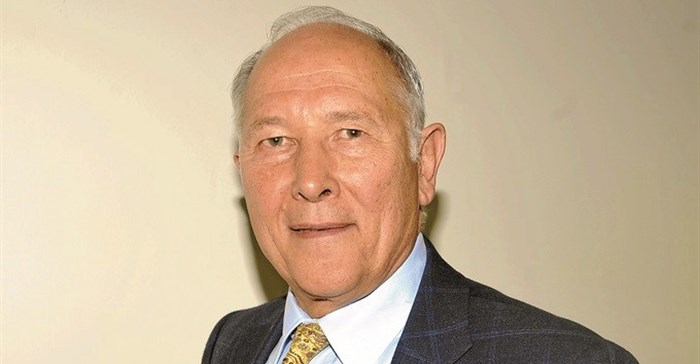The "startling costs" of South African private healthcare is at the heart of the Competition Commission's Health Market Inquiry (HMI) draft report released in July. While cost is a key theme, the report also describes a sector lacking the vital force of authentic, robust competition.

Carl Grillenberger, Advanced Health CEO
Currently, the South African private healthcare sector is an opaque system dominated by a small handful of players. Members pay for medical scheme cover, and accept that they will also have to pay costs out of their own pockets.
The common refrain of the medical aid will pay is one that is inherently false. It is not the medical aid that pays, but the member. “The fact that so many people cling to this erroneous statement reveals two important facts about our business,” says Carl Grillenberger, CEO of Advanced Health.
“First, few consumers understand medical aid schemes, or are able to navigate them effectively. Second, the private healthcare economy routinely ignores the vital concept of value-based purchasing.”
He explains that the draft HMI report describes a fee-for-service model that reliably stimulates oversupply through wasteful expenditure and the provision of more services than are actually needed.
Competition is cosmetic
“Our private healthcare market is driven by supply induced demand, where competition mostly occurs mostly at a cosmetic level, and is based on a supposed choice between available products rather than value for money. The choice, of course, is often illusory. Consumers end up trying desperately to compare glossy medical aid scheme brochures and failing, despite their best efforts, to compare like with like,” Grillenberger says.
“The Competition Commission also tells us that lack of competition runs right through the market. Simply put, trustees and principal officers experience little pressure to hold scheme administrators to account for their actions - especially when it comes to procuring services based on value.
Runaway medical inflation
“Another key theme of the draft report is that there is very little incentive for change, because the South African private healthcare market is a de facto oligopoly where three hospital groups have a combined market share of 83% of the national private facilities market in terms of the number of beds. The same groups control 90% of all private healthcare admissions.
“All these are factors contributing to the most urgent issue facing our industry: runaway medical inflation,” he says.
There has been an average difference between medical inflation and CPI inflation of 4.2% over the last 10 years.
“In our calculations, we have projected an average differential of 4% for the coming decade. If today’s trajectory holds, by 2028 medical aid costs will be two and a half times their current value.
“In other words, the net income of an average income earner’s gross income increases at the CPI rate, but their medical aid contribution escalates at 9.6% per annum. If this trajectory continues, medical aid inflation will see private healthcare members experience a deteriorating net income in the coming years.
“The reality is that within 10 years a substantial number of medical scheme members will not be able to pay scheme contributions and will fall out of the market.
As the membership fall off accelerates, our industry is likely to shrink at a compounding rate. As this happens, more strain will be placed on a national health system that is clearly buckling in some places and broken in others. I think we all understand that our country cannot afford to further stress such a fragile system,” Grillenberger says.
NHI
“Many medical scheme administrators are much more concerned about the proposed implementation of National Health Insurance (NHI). The reality is that the NHI remains unlikely to achieve lift off any time soon. Not only is funding a major, unresolved issue, but the Department of Health still needs to dramatically improve services to resolve the fundamental distrust that still exists between state patients and provincial service providers. Without this key change, NHI won’t find the traction it needs to become operational.”
To resolve supply induced demand, the draft HMI report suggests serious consideration be given to alternative remuneration models (Arms).
Value-centric transformation
“I think it’s clear that value-centric transformation of private healthcare is the only thing that will fully secure the long-term viability of our industry. By choosing to change we will make the private healthcare sector better for all players however it will also drive other crucial social contributions.
“Change will ensure our activities don’t destroy the South African public healthcare system, it will give patients better choice and value, lay the foundation for the long-term sustainability of the sector, the economy and the country.
“As an industry, we know what we need to do. We need to take the first step towards a value-centric structure, to change the market for the better, before it’s is too late,” Grillenberger says.






























